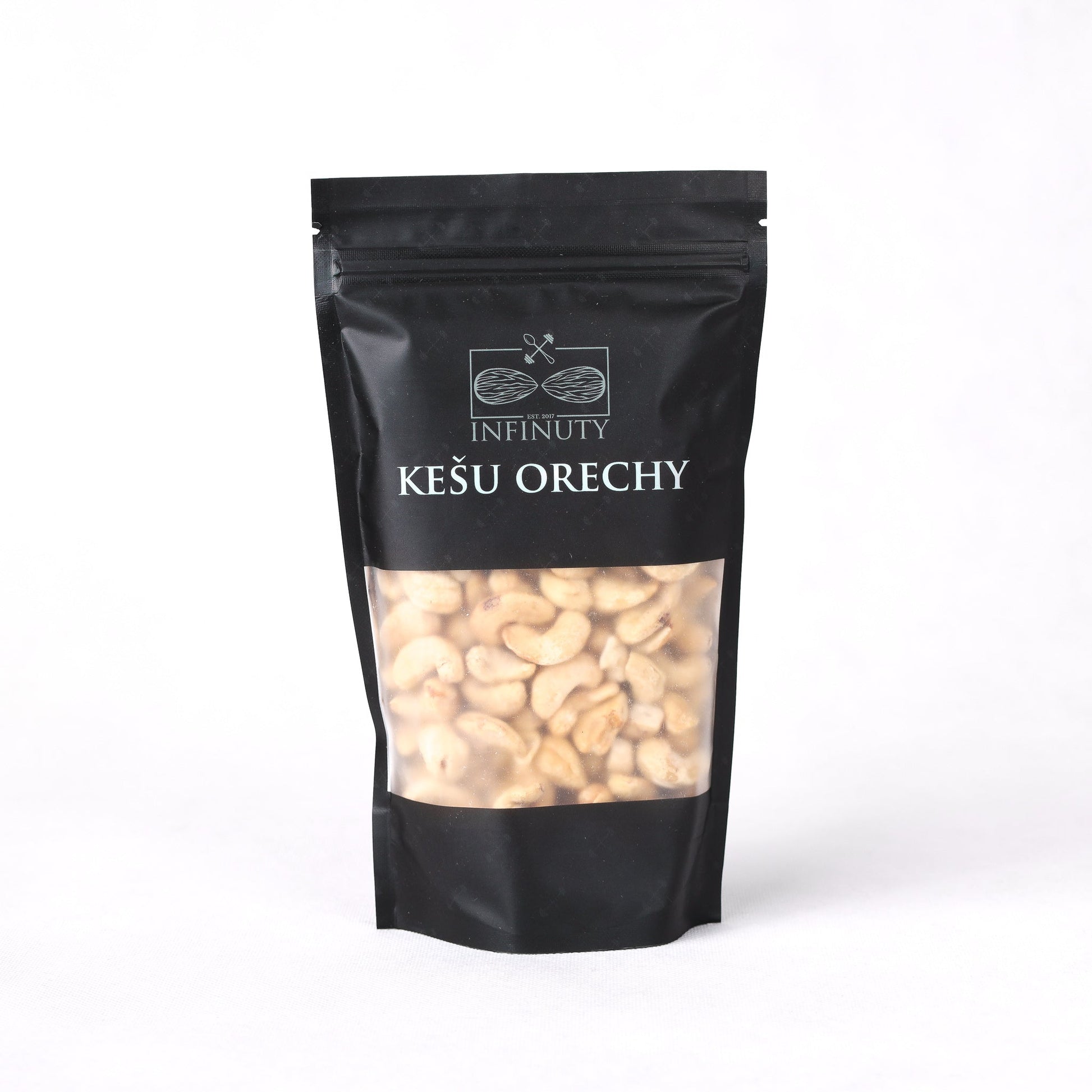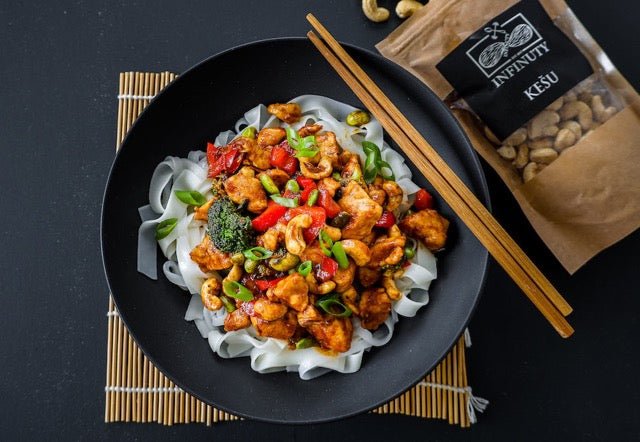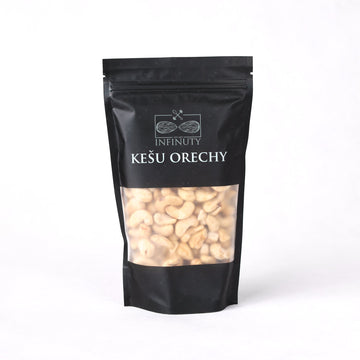Cashew
-
You can have at home:Apr 03 - Apr 07
-
Free shipping on purchases over €50





Cashew nuts
Ingredients: 100% roasted cashews - unsalted.
Weight: 150g or 250g
Country of origin of nuts: Togo / Tanzania
Allergens: cashew nuts
May contain traces of other nuts or peanuts.
Cashew nuts are among the most popular and best-selling nuts in Slovakia, despite the fact that they cannot be grown here. Most cashew nut production comes from countries such as Vietnam or India. However, the largest producer of cashew nuts in the world is the African country of Nigeria.
We tried cashews from different countries, but in the end we decided on African ones. Not from Nigeria, but from Tanzania and Togo. The reason for this decision was clearly the quality, which far surpassed those cashews coming from Vietnam or India. Another reason that weighed in favor of these two African countries was that we also make various types of cashew spreads from our cashews. That is where the quality of the nuts is very important, because we need to achieve a creamy consistency without adding any fats or additives.
No added sugar, salt or palm fat. Gluten free. Suitable for vegetarians and vegans.
Store in a dark and dry place.
Nutritional information per 100 g:
Energy 2,435 kJ / 582 kcal
Fats 43 g
of which saturated fatty acids 9 g
of which monounsaturated fatty acids 26 g
of which polyunsaturated fatty acids 8 g
Carbohydrates 30 g
of which sugars 6 g
Fiber 3 g
Protein 18 g
Salt 0 g
Did you know?
- Cashew nuts are one of the few nuts that grow outside their shell. In essence, you could say that they are more like seeds than nuts. This shell is called a "cashew apple" (although it looks more like a pear) and the cashew nut grows from its lower half. Only one nut grows from one fruit. There is also another shell on the nut itself, and this must be removed, as it is poisonous.
- Although some cashews are sold under the RAW label, in reality no cashews are completely raw. Because of their skin, they must be treated with hot steam before being sold. This ensures that the skin is removed and the cashew nut becomes edible.
- More than 90% of the world's cashew nut production is consumed in the United States.
- Cashew nut shells are often used in lubricants and waterproof products.





